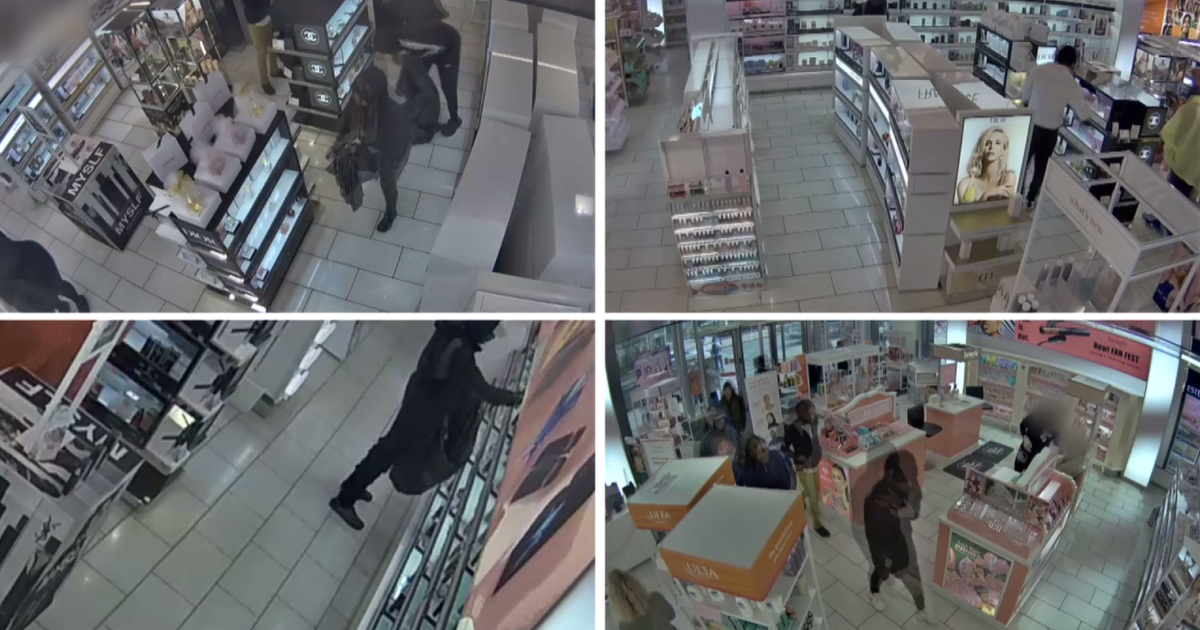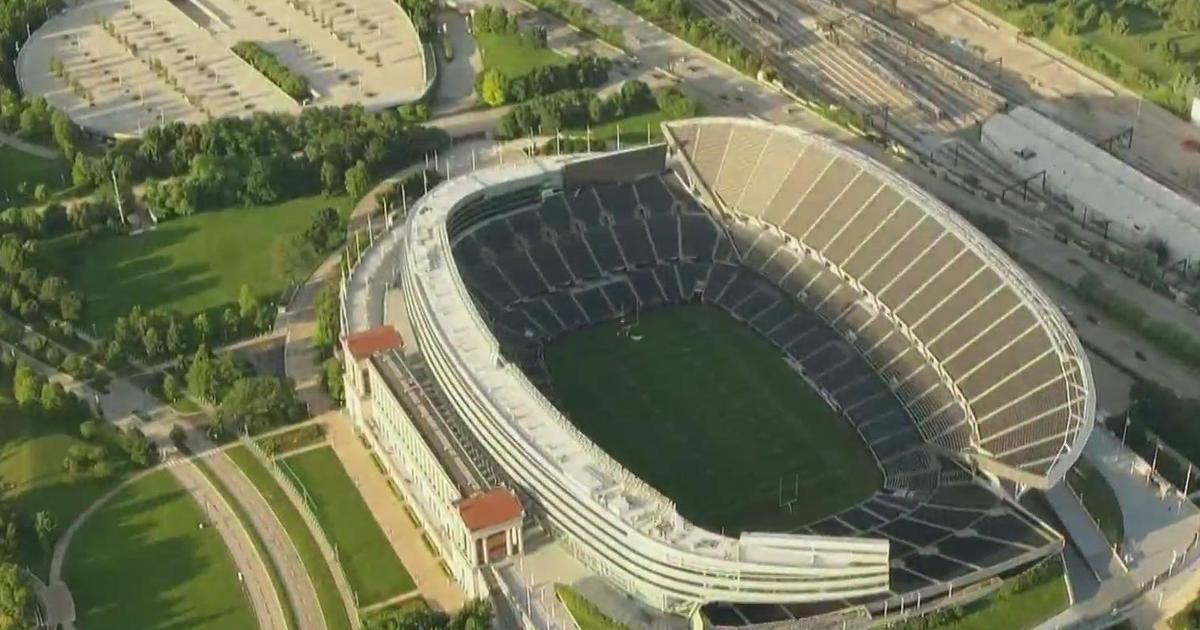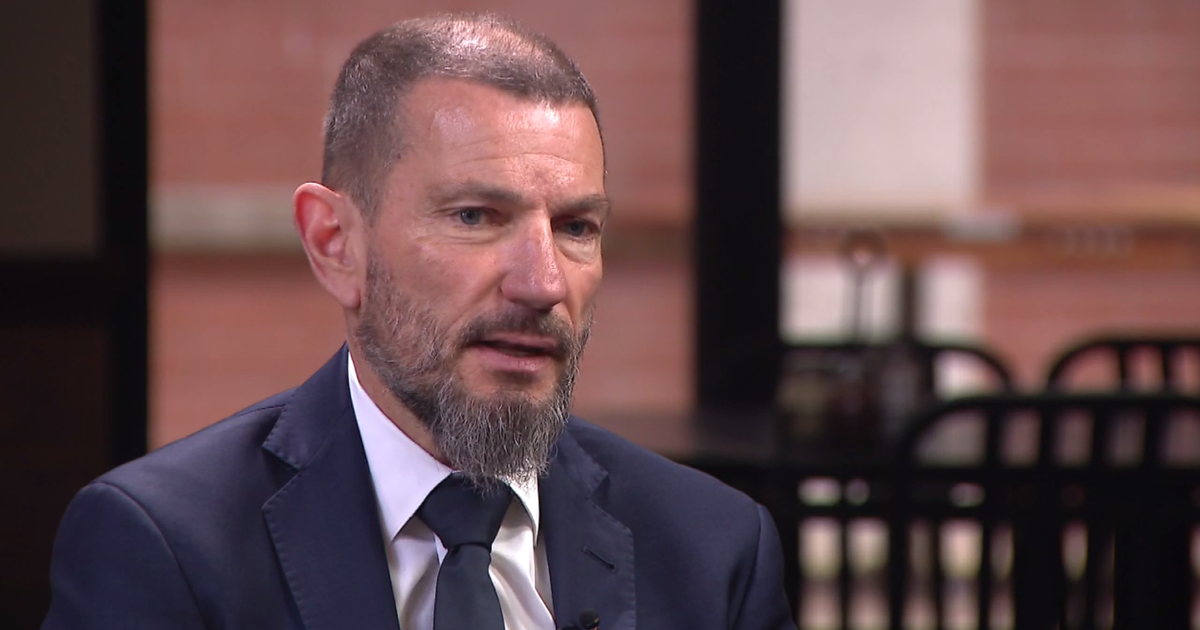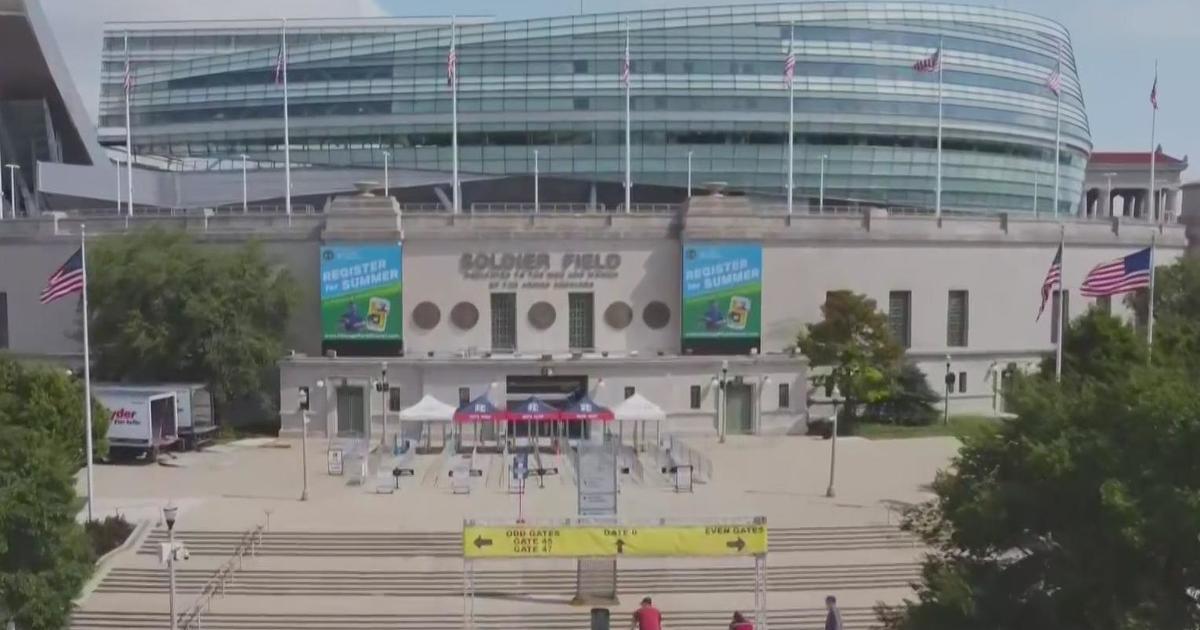What would Vallas, Johnson do to reverse downtown retail exodus? Both are short on specifics
CHICAGO (CBS) -- The crime in Chicago is dominating the mayoral race – and it is also one of the big reasons many businesses are moving out.
CBS 2 Political Investigator Dana Kozlov on Wednesday dug into what candidates Paul Vallas and Brandon Johnson plan to do about the crisis.
Spring has officially arrived, and Chicago's tourist season is about to get under way. Parts of State Street downtown, for instance, are lined with vacant storefronts where a thriving shopping area was once found.
The sum of storefront emptiness on State Street – and also along the Magnificent Mile on Michigan Avenue – is almost staggering. Businesses are leaving at a rate faster than new ones are opening.
But when it comes to revitalizing such areas, Kozlov found both candidates are short on specifics.
The COVID-19 pandemic and its resulting shutdowns arguably exacerbated the exodus. Looting and civil unrest after the murder of George Floyd at the hands of police in Minneapolis in late May 2020 – and another all-night looting incident in August 2020 – only hastened it.
"It's just not downtown – it's also business corridors on the South and West Side – because they were also impacted by the looting and rioting," said Vallas.
That is true. But the Loop and the Mag Mile have long been tourist attractions – critical to the city's tax base. Vallas says the first step in luring new businesses is making the city and the Chicago Transit Authority system safer.
"This is what the businesses tell me – the first thing they tell me is you've got to make our community safe," Vallas said.
But what, beyond policing and capping property taxes, does Vallas plan to do to revitalize downtown? One plan involves an overhaul of city departments impacting development and new business – making it easier to get things like permits and licenses.
"Michigan Avenue may have a vision for how they can revitalize – but yet the city regulatory department seems to be an obstacle," Vallas said.
Is Vallas short on specifics? Yes. But so is Johnson.
"I've thought about this a lot," Johnson said at a mayoral question-and-answer session earlier this week. "This is really about attracting innovative corporations to the city of Chicago."
Johnson is more focused on bringing companies to the city than the downtown retail issue. He does not address retail revitalization on his mayoral campaign website at all.
Johnson pledges not to raise property taxes. But he also told Kozlov in January that he is not concerned that his plan to reinstate an employee head tax for companies that do more than half their work in Chicago – or a banks, securities, and specialty tax – will keep businesses from coming to the city.
Johnson: "No, no – corporations have said it themselves. You know what corporations are concerned about? Big business?"
Kozlov: "Tax breaks."
Johnson: "Safety."
Both candidates also want to use TIF, or Tax Increment Financing, funds to help spur business development. Often criticized as a slush fund for elected officials, the city's TIF program provides hundreds of millions of dollars in property tax revenue to projects in designated districts across the city.
But TIF funds would be more for underserved areas – not downtown.
Coming up on Tuesday, March 28, at 6 p.m., CBS 2 Chicago, along with our partners – the Business Leadership Council, Chicago Urban League, National Association of Black Journalists Chicago, and WVON – will host debate with Johnson and Vallas.
You can stream our debate on all of our platforms and watch it on TV.




